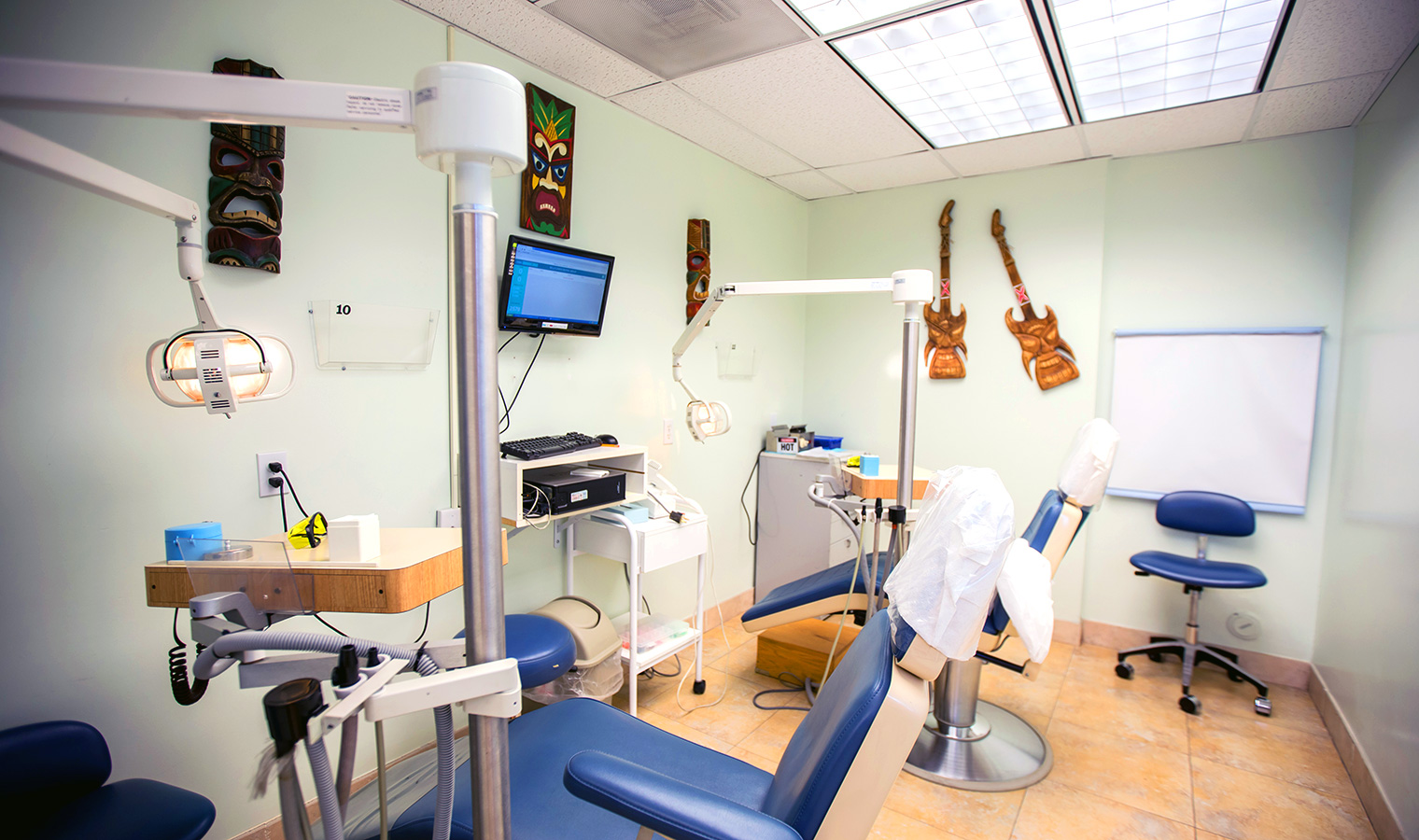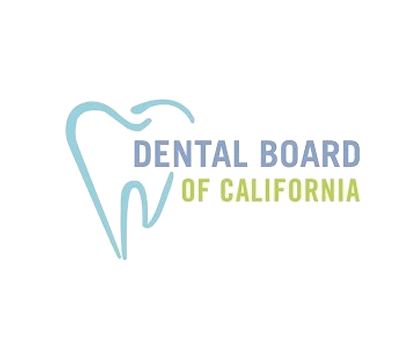Diabetes occurs when blood sugar levels exceed the normal limits. If you have diabetes, you are likely to be well-aware of the damage that this disease causes to kidneys, heart, and nerves. But we have a piece of shocking news for you. Do you know that diabetes can have adverse effects on your mouth too? Yes, this is true. People who have diabetes are more prone to periodontal diseases. Periodontal diseases are characterized by bleeding and swollen gums. They can also lead to pain and bad breath that doesn’t go away easily.
On a lighter note, we have good news for you too. You are in charge of your oral health, and you can control the blood glucose levels by following a healthy lifestyle and scheduling regular visits to your doctor.
Diabetes and Dental Problems
Diabetes can cause many oral problems such as:
Dry mouth
Dry mouth is commonly recognized as the side effect of certain medications, but it is not always the case. Diabetes inhibits the production of saliva, which causes your mouth to be dry. This is why diabetic patients feel thirsty almost all the time.
Gingivitis
Uncontrolled diabetes increases the secretion of glucose levels in mouth fluids. This, in turn, increases the inflammation of the gingiva leading to gingivitis. Diabetic patients are more susceptible to plaque and dental caries.
Periodontal diseases
Untreated gingivitis is the most common cause of periodontal diseases. This eventually leads to loss of teeth. Along with that, diabetic patients suffering from periodontal diseases are at risk of developing diabetic complications. According to a survey conducted by the CDC (Centers for Diseases Control and Prevention), people who have diabetes have higher chances of developing periodontal diseases than people with no diabetes. These diseases destroy the bone surrounding your teeth, making it very difficult and painful for you to chew the food. Serious gum diseases may contribute to uncontrolled sugar levels, making diabetes much harder to control and making the person more susceptible to gum infections and oral bacteria.
Delayed wound healing
High blood sugar levels damage the blood vessels, which as a result, diminishes the supply of oxygen and nourishment to the gums. This is a major contributing factor in delayed wound healing. The blisters formed inside the mouth of diabetic patients take a long time to heal. Along with that, the taste buds of diabetic patients are diminished, and they are unable to enjoy the usual taste of food.
Diabetes and tooth decay
When blood glucose levels escalate, chances of bacterial formation also increase. This bacteria resides on the biofilm and causes caries and cavities. Prolonged cavities lead to tooth decay and bad breath.
Diabetes and oral fungal infections
Candidiasis is an oral fungal infection. One of the leading reasons for this infection is diabetes. Due to high sugar and starch levels and poor wound healing caused by diabetes, white or red patches form on the mouth. They are painful to some extent and cause discomfort and ulcers. Your dentist can treat these ulcers by prescribing anti-fungal medicines.
Untreated diabetes is a chronic condition that adversely affects the mouth. Some of the common symptoms include:
Cavities and other periodontal diseases.
Frequent bleeding of the gums (gums appear to be more red, tender, and sensitive)
Bad breath (that doesn’t go away)
Mouth blisters taking a longer time to heal
Loose teeth that “change” the feel of your bite and may cause the dentures to fit differently
Persistent discharge in the form of “pus” is coming from the mouth.
If you notice any of these signs, we suggest you visit your dentist in Bellflower, CA and get yourself checked as soon as possible.
Guide to a Healthy Mouth
A healthier lifestyle is the dream of every human being. If you are a diabetic patient who wants to avoid all the tooth and gum problems, follow these suggestions:
Schedule regular dental visits
The foremost suggestion for the prevention of tooth disease is to get yourself checked by the dentist on a regular basis. This is more crucial for you if you are a diabetic person and notice any of the symptoms mentioned above. The oral health care plan customized by the dentist according to your diabetic condition will surely help you reduce the risk of developing any periodontal diseases.
Use dental floss
Dental floss and antiseptic mouthwashes are your helping hands when controlling diabetes and associated gum diseases. Incorporate them into your morning and night oral health care routine to properly clean teeth and gums.
Fluoride-containing toothpaste
According to our expert dentists, it is recommended to brush twice a day with any fluoride-containing toothpaste. Brush in circular motions and gentle strokes. You will be amazed by the results!
Say no to smoking
This might be a little bit hard for you, especially if you are a habitual smoker, but you have to take care of your mouth. Reduce the consumption of tobacco-containing agents if you want to move towards a better lifestyle.
Stay hydrated
Preventing dry mouth is the key when it comes to controlling gingival recessions. Drinking plenty of water and chewing sugar-free bubble gums will stimulate saliva production.
Diabetes and gum diseases act as a two-way street. You need to adopt a healthy lifestyle if you want to avoid uncontrolled glucose levels and periodontal diseases. Proper treatment of gum diseases helps people control their blood sugar levels and respond optimally to mouth conditions. Your mouth is the gateway to your body, remember to treat it with love and care.
Managing diabetes is a lifetime commitment. Taking care of your oral health will help you to achieve a quality of life. It may take longer for your mouth to heal but don’t worry because the medications prescribed by your dentist will prove to be very beneficial for you. Be sure to let your dentist know about your diabetic condition. Last but not least, switching to healthier eating habits, exercising regularly, and practicing proper oral hygiene will do wonders for you.























